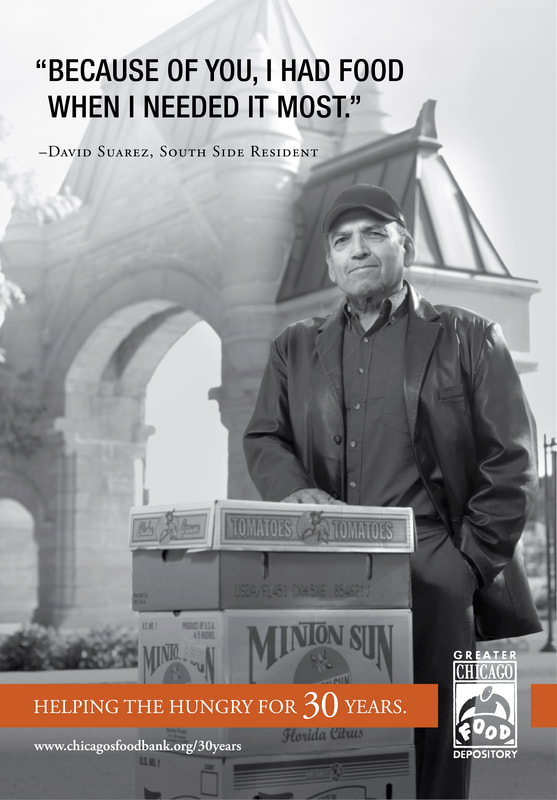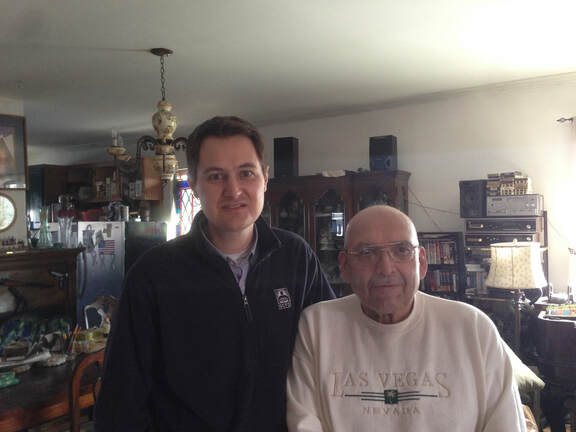|
I recently read The Generosity Network, a book on the art of raising money for worthy causes. One of the passages that stuck out in the book had to do with storytelling. I thought I would share one of my own stories as an example. So here goes.
Early in my time as a nonprofit Director of Communications, I was on the hunt for a story to feature in our newsletter. So I headed to a church basement food pantry in the Canaryville neighborhood. It was just before the Great Recession, yet pantry lines were long all across Chicago. The pantry in Canaryville, a working class enclave on the South Side, was doing a booming business. I opened the door to the pantry not knowing what I’d find on the other side. What I did find, though, has stuck clearly in my mind to this day. About a dozen volunteers carefully arranging food on wooden folding tables, from fruit and vegetables to dry goods. Rather than mid-century modern, the decor was mid-century church basement—the framed artwork on the walls and wood panels probably hadn’t changed much since the old Union Stockyards closed up shop nearby decades ago. In the center of the space stood a 60ish man wearing a White Sox cap and a black leather jacket, chatting with seemingly everyone who walked in to pick up food. In my head I nicknamed him the Mayor of Canaryville. Soon enough, he greeted me and began telling me stories about growing up in the neighborhood and later living in California for about 30 years. David Suarez, as it turned out, had been a sort of general contractor to the stars of 1980s television. He soon invited me to see his home down the street, and a few minutes later I was standing in his living room and he was showing me autographed photos of Dynasty stars Linda Evans and Joan Collins. David, I learned, had only recently moved back to Chicago to be closer to his granddaughter. But when he moved back, his wife became ill and he was diagnosed with cancer. He had hoped to keep doing some contract work, but taking care of his wife and himself became too much. As he said to me, “Chemo beats the hell out of you.” That’s when he began going to the pantry for food. On a personal level, the story was heartbreaking. But David was getting food because of us, and his story neatly demonstrated our impact. I was eager to write the piece and make sure it reached a wide audience. And that it did: If you read anything that we printed or mailed in the late 2000s you would have heard about David. I’ve perhaps never met anyone who was more generous with his time. Even with chemo, David would join us for any and all requests and share his story, including for PBS when the late great Elizabeth Brackett featured him in a piece about hunger in America. The reason I share this now is because stories have the power to change the world. David’s story spurred more people to give to us all those years ago, including people who didn’t know much about us. That meant we could get food to more people. And that’s really what it’s all about.
2 Comments
Joel Kurzman
2/20/2019 11:25:50 am
That is a very poignant account of a remarkable person - and an incredibly important issue. I can see why the experience stuck with you. And you captured it so vividly. Nice work!
Reply
Leave a Reply. |
The blog is a space for stories of the natural world and the occasional post about communications and strategy.
Archives
September 2022
|


 RSS Feed
RSS Feed